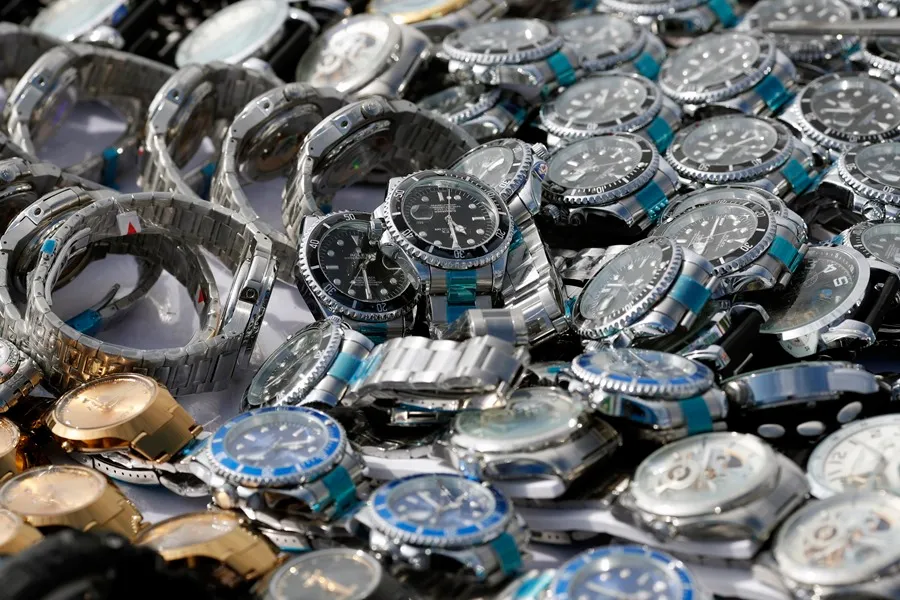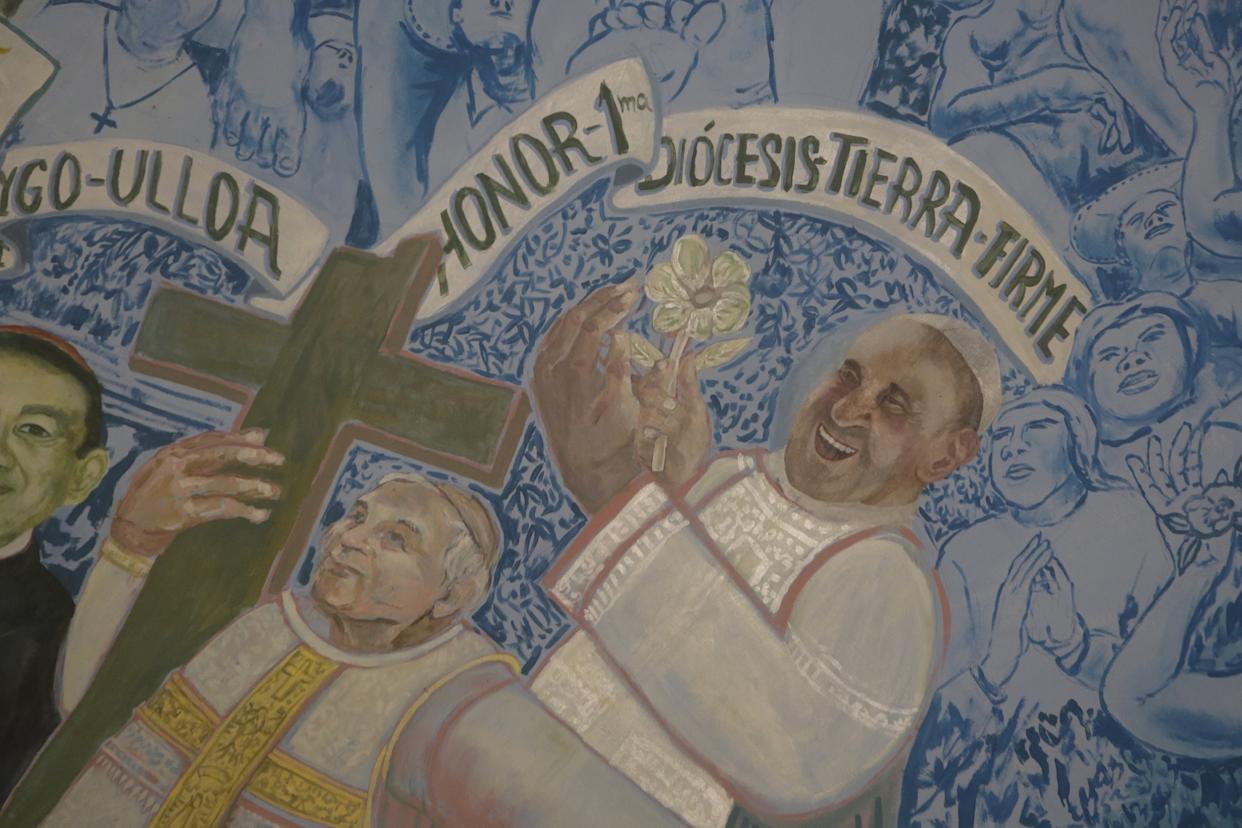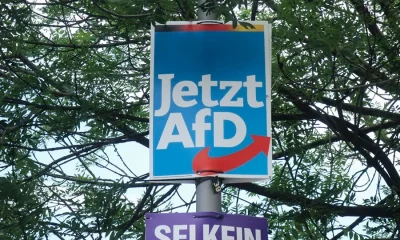International
Changing the time has an impact on the economy and your health: this entity asks to end the measure in the EU

The non-profit organization Time Use Initiative (TUI), which promotes the right to time around the world, demands an end to the time change in Europe in the electoral programs that will be presented for the next elections in the European Parliament (June 9).
The entity, according to a statement issued on Monday, defends the end of this measure because changing the clocks to an incorrect time zone “negatively affects individual and collective health, as well as the economy.”
During the last 30 years, he adds, “it has been shown that living in the wrong time zones has a negative impact on energy savings, on the risk of cancer and other diseases, on the performance of workers and students, or on GDP, among other issues.”
Specifically, according to TUI, 20% of European citizens and 34% of women with children “suffer from time poverty,” which means “affects both individual well-being and social cohesion.”
The roadmap set out in the EU Manifesto focuses especially on sectors that may experience a greater impact, such as emergency and transport services, and includes a public awareness campaign.
The platform’s request, whose main objective is to encourage public debate on how to collectively organize time to improve the well-being of citizens, coincides with the time change on European clocks on March 31.
According to the entity’s statement, ending the seasonal time change for 2026 is one of the 12 measures included in the EU Manifesto on time policies promoted by TUI to guarantee the right to time in Europe.
According to TUI, the fact that no changes have been implemented in this aspect responds to “beliefs and myths about the need to maintain daylight saving time that persist between public opinion and political debate.”
Three examples:
One of those myths, in the opinion of this entity, is that daylight saving time saves energy.
The platform responds that this “could be spending more energy, given the current consumption patterns, which increase the expenditure on cooling and heating.”
Another myth that TUI points out is that the end of the time change could harm the economy, especially certain sectors such as tourism, leisure or retail trade.
With regard to this argument, experts mention issues such as that the current configuration already causes lack of sleep and, therefore, less productivity and work accidents, or that it is not daylight saving time, but summer and good weather that drive tourism and leisure.
And a third myth: the belief that ending time changes means changing daily habits.
TUI mentions the argument of the International Alliance for Natural Time (IANT), which assures that, since habits are already constant throughout the year in terms of time, they can remain the same.
International
DHS Secretary Kristi Noem’s Purse Stolen in D.C. Restaurant Heist

The purse of Kristi Noem, Secretary of the Department of Homeland Security, was stolen on Sunday night at a restaurant in Washington, D.C., Fox News Digital confirmed through several agency sources.
The handbag, taken by a white male wearing a mask, reportedly contained $3,000 in cash along with personal documents, including her passport, keys, driver’s license, and DHS badge, according to an agency spokesperson.
“Her entire family was in town, including her children and grandchildren. She was celebrating her retirement by treating them to dinner, activities, and Easter gifts,” the spokesperson added.
Crime continues to be a significant issue in the U.S. capital, particularly theft. However, violent crime reached its lowest level in 30 years last year, according to the Office of the Attorney General at the time.
International
Pope Francis: The Quiet Architect Behind the U.S.-Cuba Thaw

When then-U.S. President Barack Obama and Cuban President Raúl Castro announced the reestablishment of diplomatic relations in December 2014—after decades of hostility—there was a third figure present in both speeches: Pope Francis.
This thaw in U.S.-Cuba relations—later reversed by Donald Trump—was the result of behind-the-scenes negotiations personally encouraged by Pope Francis, who passed away on Monday at the age of 88, just over a year after becoming head of the Catholic Church.
Upon learning the news of the breakthrough, the pontiff humbly stated, “This was made possible thanks to the ambassadors and to diplomacy,” which he called “a noble, very noble job.”
In 2015, months after the announcement, Raúl Castro visited the Vatican and met with the pope. Over time, Castro developed a fondness for Francis that he never had for his predecessors, Benedict XVI and John Paul II. “If the Pope continues talking like this, sooner or later I’ll start praying again and return to the Catholic Church—and I’m not joking,” said the younger Castro, who, like his brother Fidel (1926–2016), had been educated by Jesuits—the same order to which Pope Francis belonged.
Pope Francis visited Cuba later that year. Just days before his arrival, the Cuban government announced the pardon of 3,522 common prisoners as an act of clemency.
While in Havana, the pope met with Fidel Castro, who gave him a first edition of the book Fidel and Religion by Brazilian friar and liberation theologian Frei Betto.
Criticism from the Opposition
Francis’s diplomatic approach also drew criticism from parts of the Cuban opposition. In a 2022 interview with Univision, the pope revealed he had “a human relationship” with Raúl Castro.
International
Dominican Republic Declares Three Days of Mourning for Pope Francis

Dominican Republic President Luis Abinader has declared three days of national mourning starting Tuesday following the death of Pope Francis, who passed away on Monday at the age of 88 in his residence at the Casa Santa Marta.
In an official decree, Abinader highlighted the pope’s legacy “as a global leader who promoted significant reforms within the Catholic Church and was known for his humility, openness to dialogue, and commitment to peace among nations.”
During the mourning period, the national flag will be flown at half-staff at military facilities and public buildings.
According to a statement from the Office of the Presidency, although Pope Francis never visited the Dominican Republic during his papacy, he maintained a close relationship with the country. He expressed solidarity and empathy during difficult times, including offering prayers for the victims of the recent tragedy at a Santo Domingo nightclub on April 8, which claimed 232 lives and left more than 180 injured.
-

 Central America4 days ago
Central America4 days agoNicaraguan Exiles to Mark 7th Anniversary of 2018 Protests with Global Commemorations
-

 International4 days ago
International4 days agoDominican ‘False Hero’ Arrested for Faking Role in Nightclub Collapse That Killed 231
-

 International3 days ago
International3 days agoACLU seeks emergency court order to stop venezuelan deportations under Wartime Law
-

 Central America3 days ago
Central America3 days agoUN complaint filed against Costa Rica over detention of migrant children
-

 International2 days ago
International2 days agoThousands rally nationwide against Trump’s threat to U.S. democracy
-

 Central America1 day ago
Central America1 day agoSenator Van Hollen Meets with Deported MS-13 Member in El Salvador; Trump and Bukele React
-

 International1 day ago
International1 day agoPope Francis Appears for Easter Blessing, Calls for Peace and Religious Freedom
-

 Central America3 hours ago
Central America3 hours agoCardinal Rodríguez to Attend Funeral of Pope Francis: “He Was Very Dear to Me”
-

 International3 hours ago
International3 hours agoDominican Republic Declares Three Days of Mourning for Pope Francis
-

 Central America3 hours ago
Central America3 hours agoNicaragua’s Ortega and Murillo Mourn Pope Francis, Acknowledge ‘Difficult’ Relationship
-

 International3 hours ago
International3 hours agoDHS Secretary Kristi Noem’s Purse Stolen in D.C. Restaurant Heist
-

 International3 hours ago
International3 hours agoPope Francis: The Quiet Architect Behind the U.S.-Cuba Thaw

















